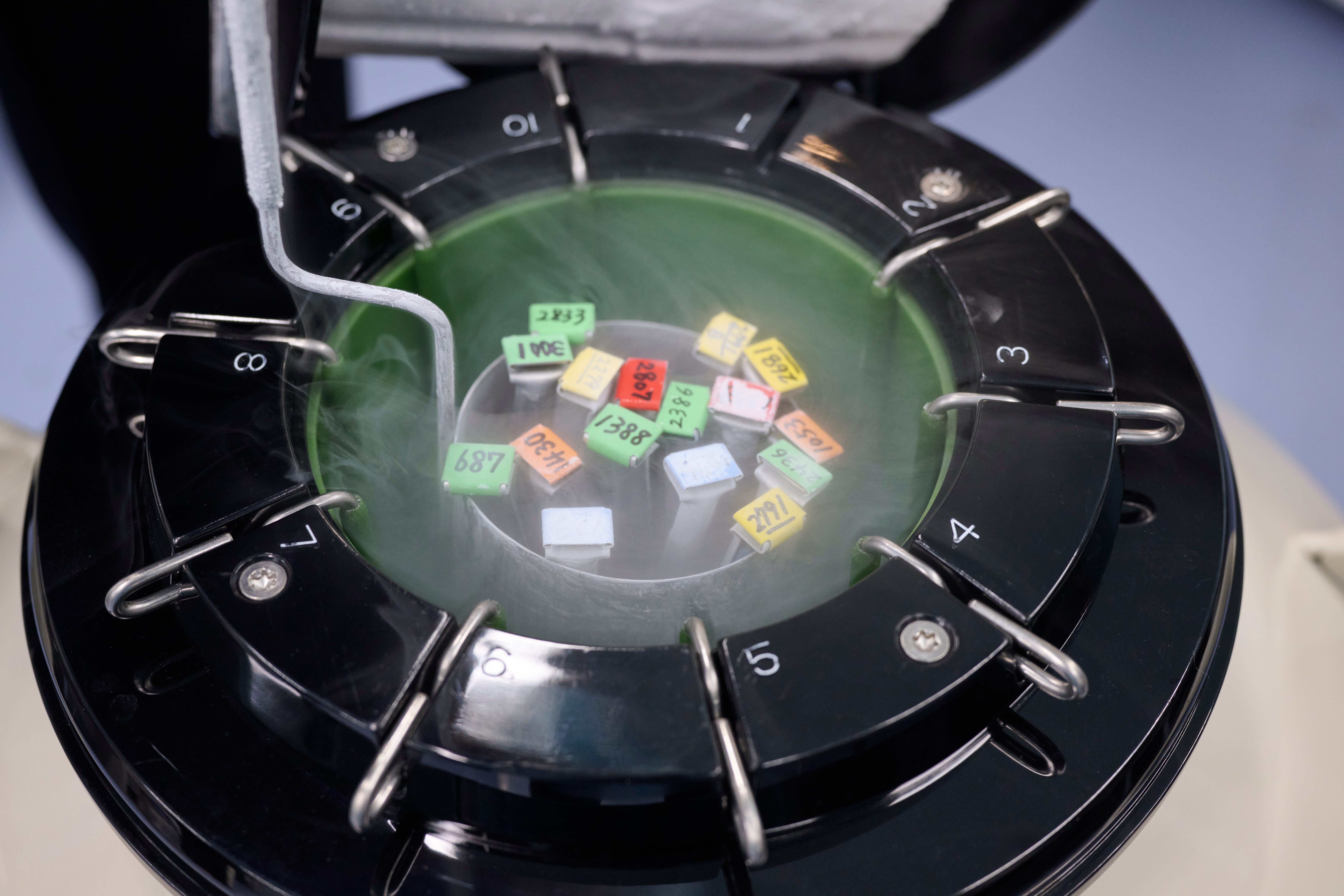
Egg freezing is a widely used technique for fertility preservation, offering women the ability to delay childbearing while maintaining their reproductive potential. But what are the additional benefits of this procedure, and how long can frozen eggs be stored? Here’s an overview.
What Is Egg Freezing?
Egg freezing is a fertility preservation method commonly performed in assisted reproduction centers. The process begins with an assessment of the ovarian reserve through blood tests and a vaginal ultrasound to ensure optimal results.
Steps in the Egg Freezing Process:
How Long Can Eggs Remain Frozen?
There is no time limit for how long frozen eggs can be stored. Research confirms that the quality of the eggs remains stable, allowing them to be preserved indefinitely until the individual is ready to use them.
Will This Technique Affect My Menstrual Cycle?
The egg freezing process involves temporary ovarian stimulation to collect eggs. However, once the eggs are frozen, the procedure does not affect the patient’s regular menstrual cycle.
Why Should I Freeze My Eggs?
Modern family dynamics and societal trends often lead women to postpone motherhood for various reasons, including career, financial stability, or waiting for the right partner. Egg freezing provides the opportunity to preserve fertility without compromising future reproductive potential.
Key Benefits of Egg Freezing:
Is Egg Freezing Right for You?
Egg freezing offers a way to proactively plan for your future, ensuring that you have options when the time is right for you to start a family.
If you’re considering this technique or want to learn more, contact Sakalli IVF today. Our experienced team is here to provide personalized guidance and support throughout your fertility journey.
Copyright © Sakalli IVF. All rights reserved